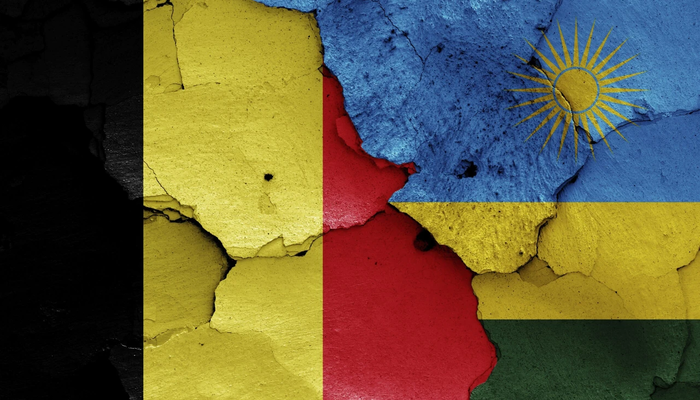Iraq’s Prime Minister Mohammed Shia al-Sudani has called for a reconsideration of Iraq’s oil export quota, seeking adjustments that better reflect the country’s increasing production capacity.
This rare public comment by the Iraqi leader, just one day before an OPEC+ meeting, highlights the mounting frustrations of Iraq as it faces pressure from the Organization of the Petroleum Exporting Countries (OPEC) to curb output.
Iraq, as the largest overproducer within the OPEC+ alliance, has consistently exceeded its allocated oil production quota.
While the OPEC+ group, which includes countries like Russia and other major producers, has been working to implement coordinated output cuts to stabilize global oil prices, Iraq’s surplus production has led to calls for a reduction in its output to comply with agreed limits.
Iraq Announces Killing of ‘Dangerous’ ISIL Leader Abu Khadija
Prime Minister al-Sudani’s comments come at a time when geopolitical factors are in play, with the United States exerting pressure on oil-producing nations to lower prices.
As a significant ally of Iraq, the US has been influential in urging oil-producing countries, particularly in the Middle East, to adopt market-friendly policies. Iraq’s overproduction is seen as a challenge to the effectiveness of OPEC+ cuts, which are intended to maintain stability in global oil prices.

Ahead of the OPEC+ meeting on Sunday, discussions are set to center around the potential for increasing oil output. OPEC+ accounts for nearly half of the world’s oil production, and any decision to raise production levels would come ahead of the previously scheduled timeline.
This move could unwind a set of output cuts of 1.65 million barrels per day (1.6% of global oil demand) more than a year in advance.
Iraq’s situation within OPEC+ is becoming more complex. The country continues to increase its oil production, often surpassing its allotted output, while simultaneously facing significant pressure to align with the collective goals of the alliance.
Ali Nazar, Iraq’s OPEC representative, emphasized that the focus of the upcoming meeting would be on finding a balance whether that entails increasing production, maintaining current levels, or implementing further cuts to stabilize the market.
Biden controversial legacy and future of Iraq-US relations
Prime Minister al-Sudani has indicated Iraq’s plans to attract major international oil companies to the country. Iraq’s oil sector has long been a pillar of its economy, and the government’s strategy is to revitalize this industry, which has suffered from security challenges and underinvestment in recent years.
Iraq has secured agreements with several international oil majors, including Chevron, TotalEnergies, and BP, over the past two years. These partnerships are aimed at boosting production efficiency, upgrading infrastructure, and reestablishing Iraq’s position as a leading energy producer globally.
As part of its oil sector revival, Iraq has been in discussions with ExxonMobil over securing storage capacity in Singapore. This potential deal would involve using ExxonMobil’s storage tanks to help Iraq’s oil exports reach the growing Asian markets, particularly amid rising demand for crude and refined products in the region.
The negotiations also include possible refining capacity agreements and profit-sharing arrangements aimed at expanding Iraq’s footprint in Asia’s burgeoning energy market. Ali Nazar emphasized the importance of these talks, suggesting that such partnerships would enhance Iraq’s refining capacity and solidify its presence in Asia, which is a key destination for its oil exports.

The combination of Iraq’s efforts to renegotiate its export quotas, its active engagement with international oil companies, and its focus on expanding refining capacities in Asia signals a new direction for the country’s oil industry.
As Iraq faces ongoing pressure to reduce output within OPEC+, it is also seeking to capitalize on its growing production capabilities and increase its share in global energy markets.
Militia members under investigation after Iraq base raid
The outcome of the OPEC+ meeting on Sunday will be pivotal in determining Iraq’s future oil production strategy, as it navigates a delicate balance between complying with the group’s targets and pursuing its broader ambitions to enhance production capacity and market presence.
With global oil markets facing uncertainty and shifting regional dynamics, Iraq’s oil sector is well-positioned to play a crucial role in shaping the future of energy production and export in the Middle East.



